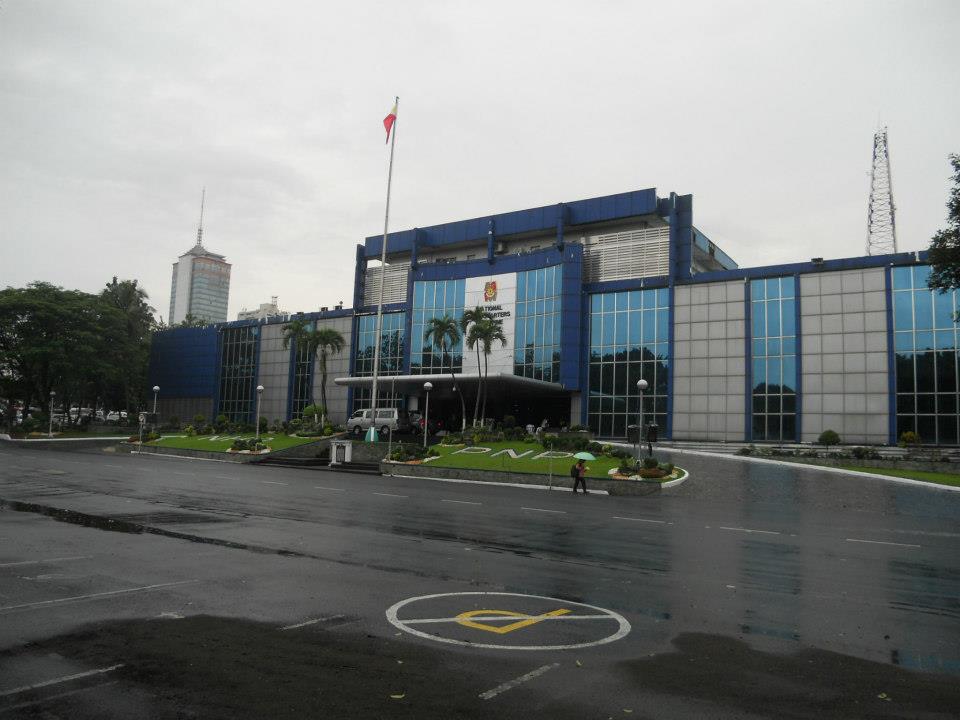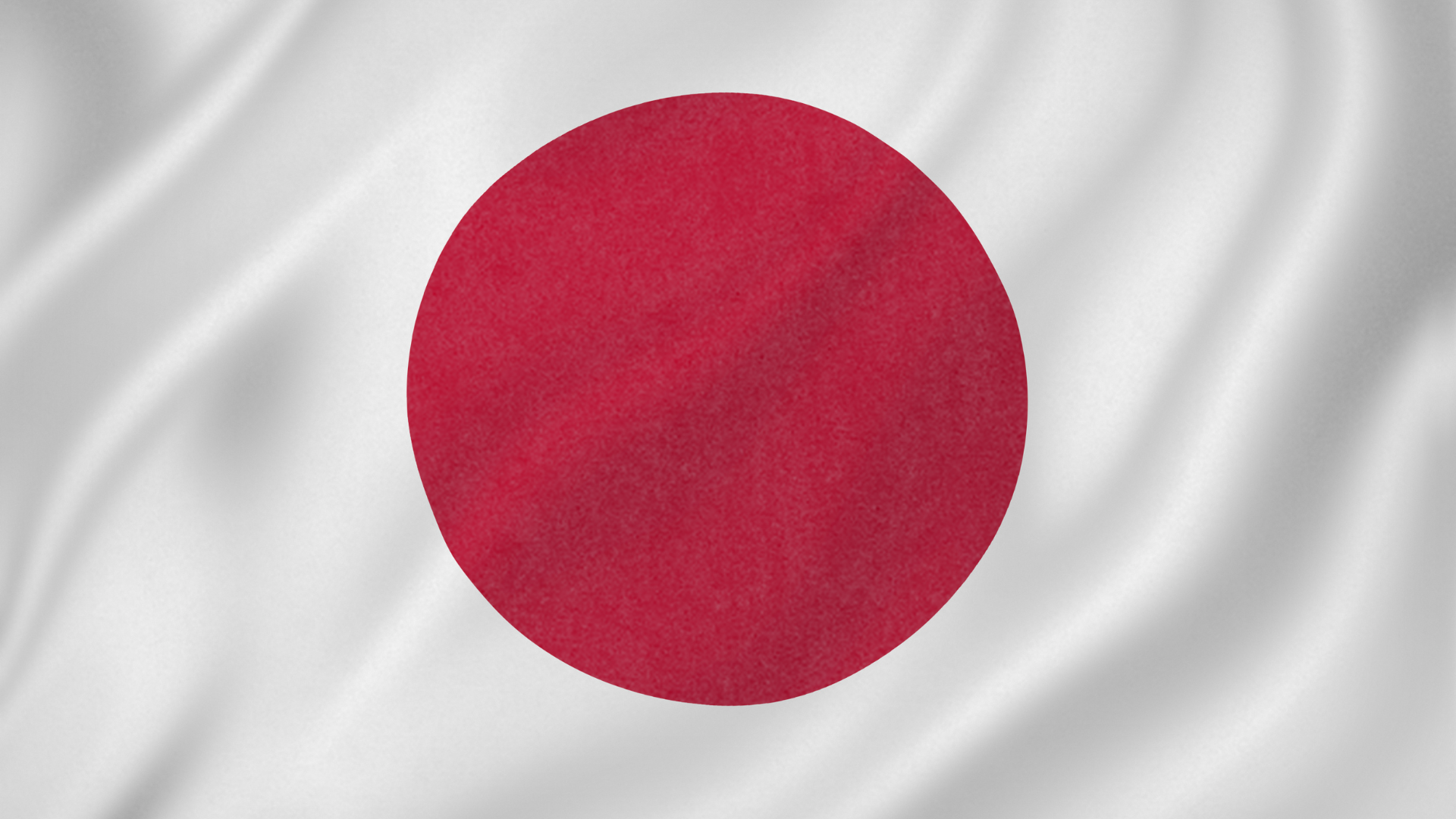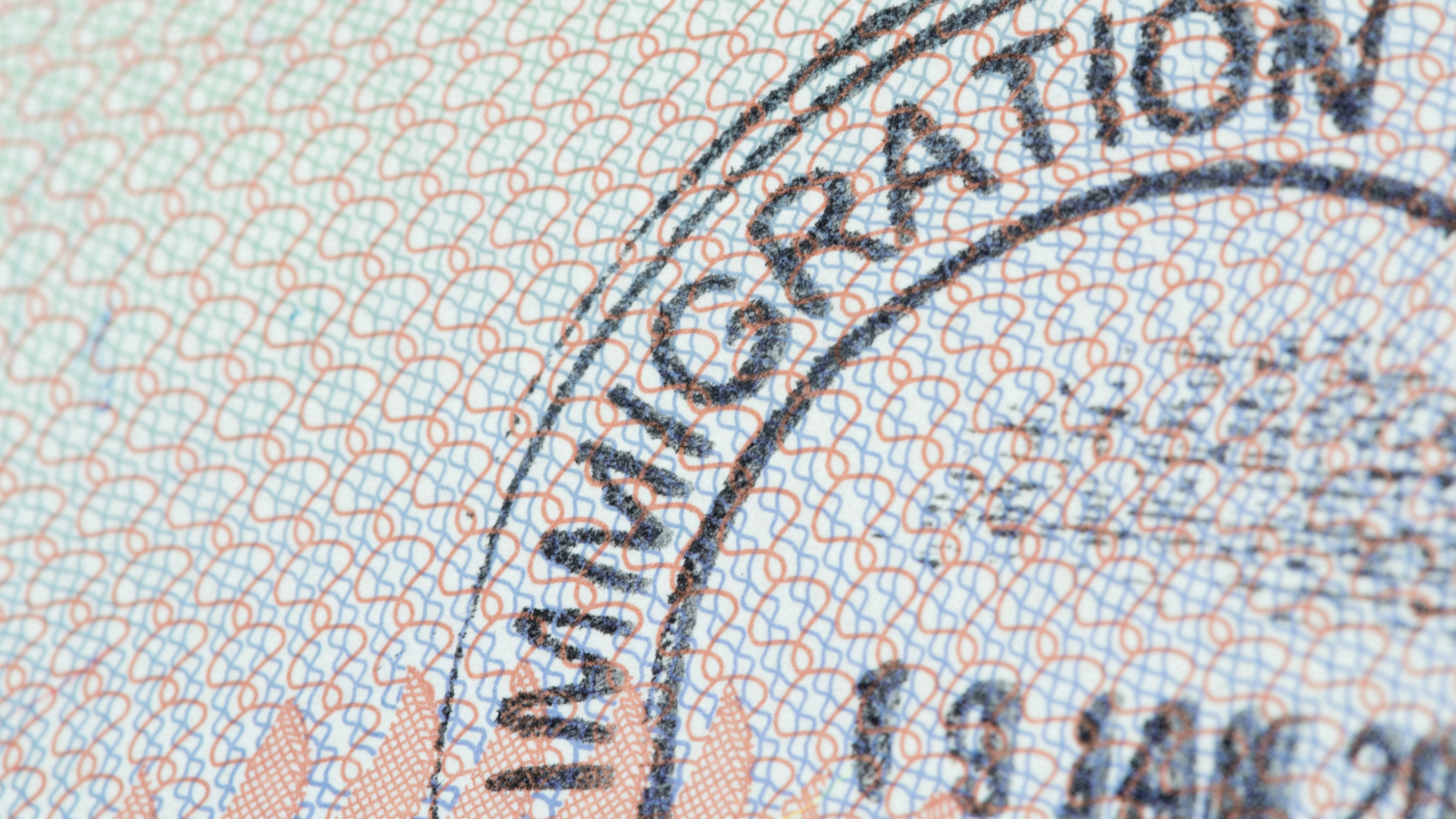The implications are chilling. Syndicate cops are emboldened by the President’s blanket protection.

On January 17, 2017, the Foreign Ministry of the Republic of Korea announced that a Korean businessman was killed by Filipino police officers, who then proceeded to extort money from the businessman’s wife.
The South Korean man was abducted last year in Angeles City. The abductors then demanded a ransom of P8 million from the man’s wife. She paid them P5 million. However, according to an investigation by the Philippine government, and as cited by the South Korean government, he was strangled to death on the day he was abducted, and cremated in a crematorium owned by a former cop involved in the scam. Because of the ransom deficit, the kidnappers demanded another P4.5 million, still under the pretext that the husband was alive.
The Korean Foreign Ministry identified the victim as Mr. Ji Ick-Joo, in his 50s.
Mr. Ji was kidnapped by means of a fake arrest warrant for drug-related charges. The policemen involved were part of a Metro Manila-based anti-illegal drugs group.
This is not the first time Philippine police have been involved in heinous crimes. Aside from being only part of a long list of criminal acts by members of the Philippine police force, it rekindles concerns about the PNP’s role and method of enforcing President Rodrigo Duterte’s deadly crime war.
The President has encouraged police to arrest, and even kill, drug traffickers and known users without due process. It was with this sort of leeway that the police managed to easily fake a warrant. The location of the murder alone is proof of the audacity of the perpetrators–Ji was killed in his own car, which was parked near three important buildings on Police HQ that add a flavor of irony to the horror: The PNP’s community relations group, the public information office, and the “White House,” a.k.a., the office of PNP Director General Ronald “Bato” de la Rosa.
The exposure of this crime has already sent ripples of fear through the country’s guest communities. Cho June-hyuck, Korean Foreign Ministry spokesman, said the case poses concerns on the safety of South Koreans in the Philippines.
Which means this crime may adversely affect our tourism industry. There were about 5 million visitors to the Philippines in 2016. More than 1 million South Koreans visit the Philippines every year.





